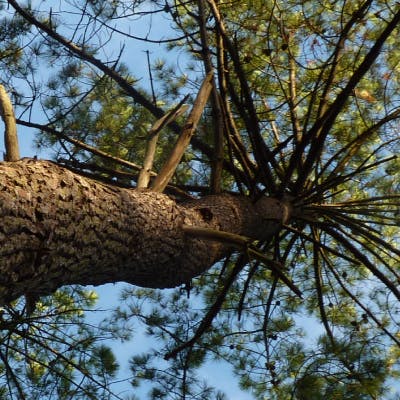Research and development

Since its creation, Holiste has devoted around 10% of its annual turnover to scientific and technical research: an innovation approach based on an in-house team and private and public partnerships.
Holiste, continuous research
True to its commitment to innovation in the service of living beings, Holiste is currently carrying out several scientific research programmes in partnership with public and private research laboratories, researchers and healthcare professionals.
These programmes involve plant chemistry, physics, electrochemistry, human and animal biology and physiology...
Collaborative projects on maritime pine
The PhiloGemme Filière programme, launched in 2019, is one of them.
Supported by the Aquitaine region and Europe, it concerns the maritime pine gem BioGemme, its by-products and their uses.
As part of the collaboration between HOLISTE, the Institut des Sciences Analytiques et de Physico-Chimie pour l'Environnement et les Matériaux (IPREM) of the Université de Pau et des Pays de l'Adour and the Centre National de la Recherche Scientifique (CNRS), we are continuing to develop the use of maritime pine (Pinus Pinaster) gem - both for essential oil of turpentine (the liquid part) and rosin (the solid part), after distillation.
IPREM has demonstrated that the turpentine and rosin obtained using the BioGemme method are not highly oxidised and have specific, original and interesting properties.
An in-depth study of the physico-chemical properties showing the relationship between harvesting parameters, chemical composition and performance, followed by the use of innovative technologies, would make it possible to overcome any fragility and preserve the naturalness of these materials through the development of orientation formulas.
This 360° programme will continue until 2024:
- 2019-2021: perfecting the ecological resin harvesting method
- 2022-2023: characterisation of products and co-products obtained using different distillation methods / formulation research in areas of activity where alternatives to petroleum-based materials are actively expected (this concerns rosin in particular)
- 2023-2024: analysis of the air in the Landes forests, which is rich in peroxidised terpenes, to assess the health benefits in the light of biological studies and criteria already established with the Bol d'air Jacquier.


